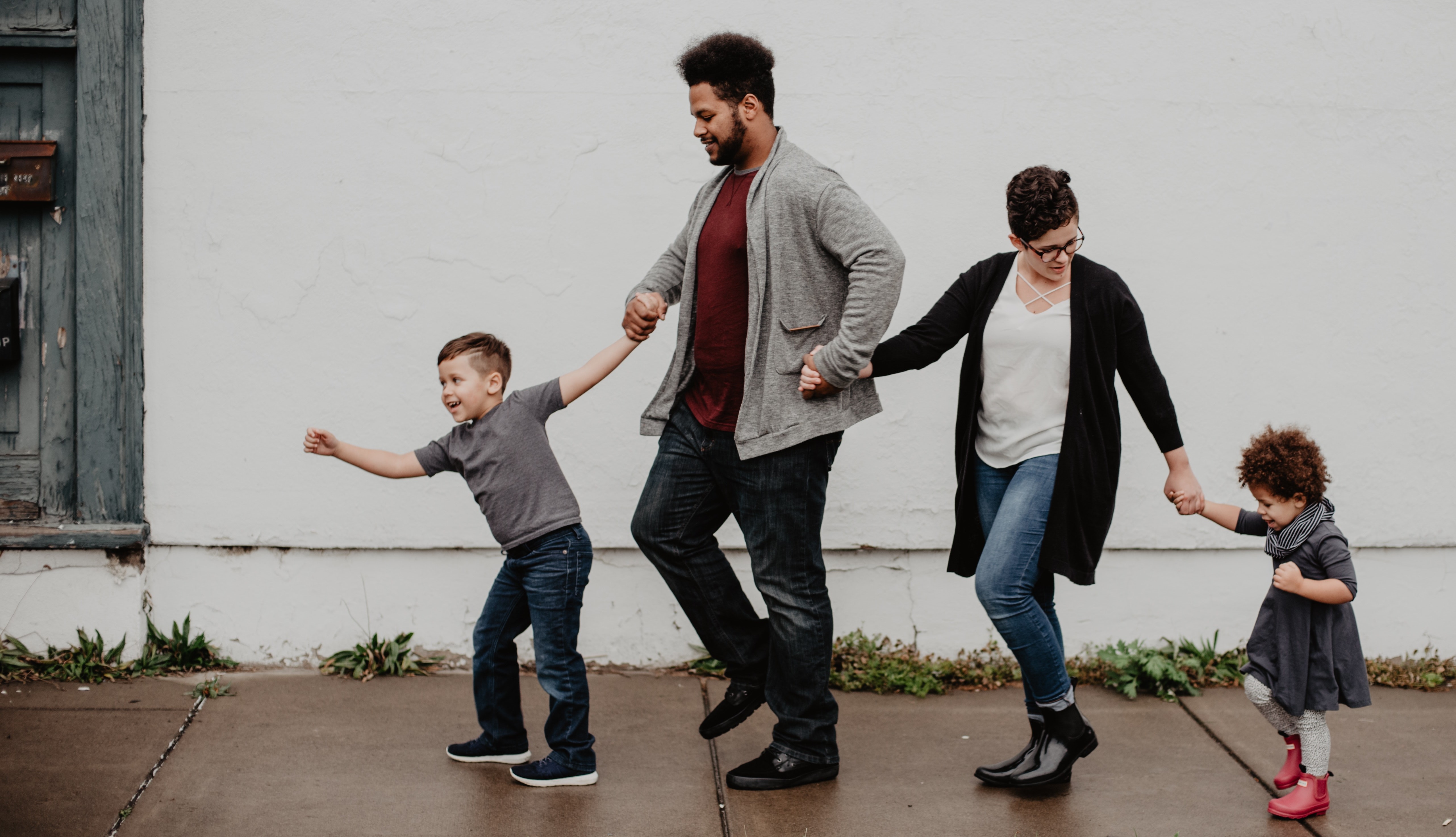Parenting in the Real World
- Written by Nancy Spargo, LCSW

Wouldn’t it be great if we never had to second guess ourselves as parents? Wouldn’t it be great if we could always feel confident in our parenting role? Who wouldn’t want to feel good about parenting all of the time? The truth is that parenting is the most rewarding and most important part of my life. It is also how I am most vulnerable.
I grew up in a small town and spent summers on the family farm, sheltered from many of the harsh realities of life. So, when I decided to raise my kids in Chicago (in the city- not the suburbs), I quickly became aware of how important it would be when I decided about when and how to protect them or when and how to expose them to the harsher parts of life. When we walked two blocks to the video store, we passed over a small branch of the Chicago River, where multiple people lived under a bridge. I didn’t feel the need to point them out, but when the kids noticed these folks, it became obvious that they needed to know that not everyone has a house or place to live. Some people struggle with addiction. Living in poverty is real for many. And then 9/11 happened. They were young. I shared the most basic of information with them and limited television viewing in an attempt to help them feel safe. I did my best to seek out support from my friends and family, so that I could be available to my precious children because I was scared too.
Fast forward 20 years, and our exposure and awareness have increased exponentially. Parenting has not become any easier. It is our job to prepare our children for life without totally overwhelming them with the harsh realities. There is no play book. What we do have available is the opportunity to be intentional. We can determine what they view, who they spend time with, and how we respond. We can do our part to encourage and facilitate the expression of their emotions. So, for example, when a child comes home talking about a classmate who has a serious illness, or was injured, let alone died, we have the choice as to how we respond.
There are a few things we can do to support our children in the expression of their feelings. Of course, their developmental stage is going to influence what some of those are, but there are some things that are helpful for everyone.
- Regardless of the child’s age, we can listen attentively.
- We can show interest.
- We can comfort them when they are ready.
- We can suspend judgment and offer compassion to create a safe space.
- We can nurture trust.
- For younger children, stories, and pretend play are great tools.
- For older children, creative outlets are important. Drawing, music, collages, etc., can help them get in touch with what they are feeling.
- For teens, talking with peers is where it is at! Get to know your children’s friends, and when it is safe, encourage those friends to visit and hang out at your house.
Just a gentle reminder that taking care of ourselves helps take care of our loved ones.
- Seek out resources for how to talk to your children about hard things.
- Get support for yourself from friends and family.
- I have found that answering just the questions that are asked and not offering additional information is helpful. They can only take in so much so fast. Follow their pace.
- Be open to their questions and answer briefly and succinctly.
We can’t protect our children from hardship, but we can be ready to respond to their needs and we can show them that with time, they will learn to handle these challenges a little better.
About the Author
 Nancy Spargo, LCSW, is the CEO and Co-Founder of Sparlin Mental Health.
Nancy Spargo, LCSW, is the CEO and Co-Founder of Sparlin Mental Health.






















